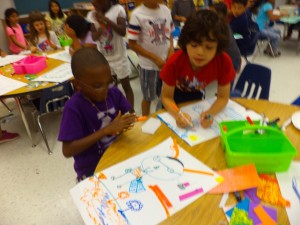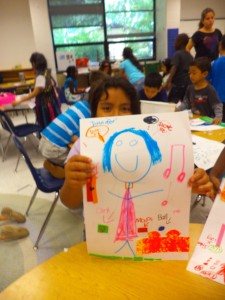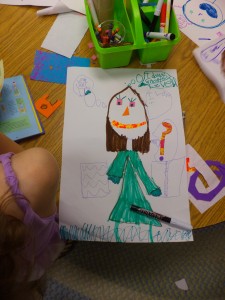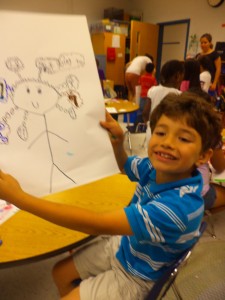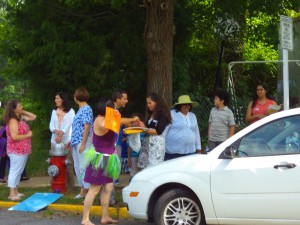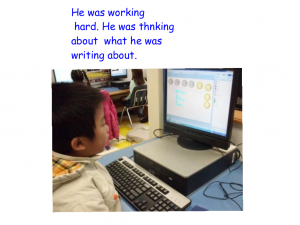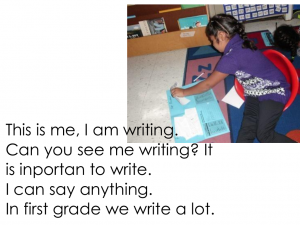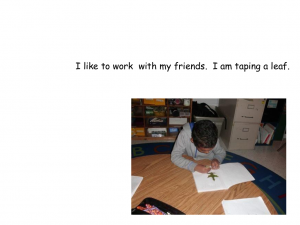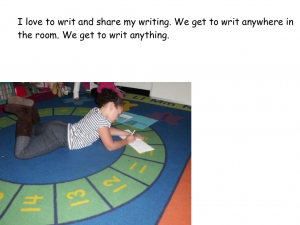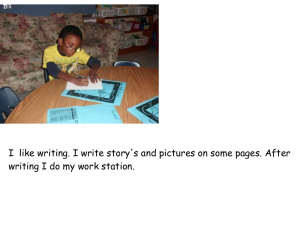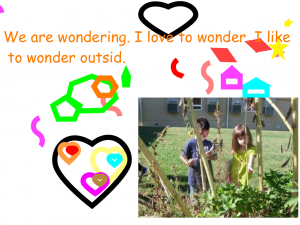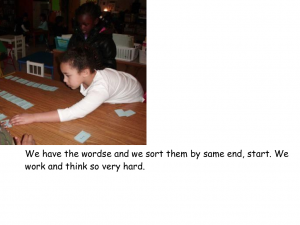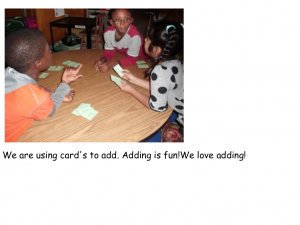Twenty years ago I did my student teaching in kindergarten and second grade. Although the second grade experience was much more positive for me, I walked away convinced I wanted to be a kindergarten teacher.
I didn't teach immediately after graduation, opting instead to play the harp on a cruise ship, work in a bookstore, and substitute teach (you have to do something between cruise ship contracts). When I was finally ready to begin my teaching career I ended up taking over a fifth grade classroom for the final quarter of the year. It was exceptionally challenging for a number of reasons, but I loved it. And I realized that by that age the kids could really have conversations with you, they could tie their own shoes, and they didn't wet their pants. I was sold on the upper grades and was lucky enough to get a position teaching fourth graders.
For the next decade I taught fourth and fifth graders. It was awesome. Then I felt like I was in a rut and I moved to first grade. I loved that too.
Now, after sixteen years and three grade levels I'm going back to my original plan. I will be teaching kindergartners in the fall.
I had not planned to work this summer (something that has never happened) because we're trying to sell our house and buy a new one. That seemed like it would be my full time job for now. Then I was at school yesterday and was asked to teach in our Bridge to K program for the next few weeks.
They were on the second day and one teacher had more than twenty little ones (she did have two instructional assistants). That's a bit much when we're talking about kids who've had no type of school experience.
So today I began my bridge to K along with these little darlings. It's a great experience for me and after only one day I'm feeling better equipped to greet my class on September 2nd. I'm by no means truly prepared, but I have a better sense of what to expect. The next few weeks will increase that along with my confidence (I hope).
